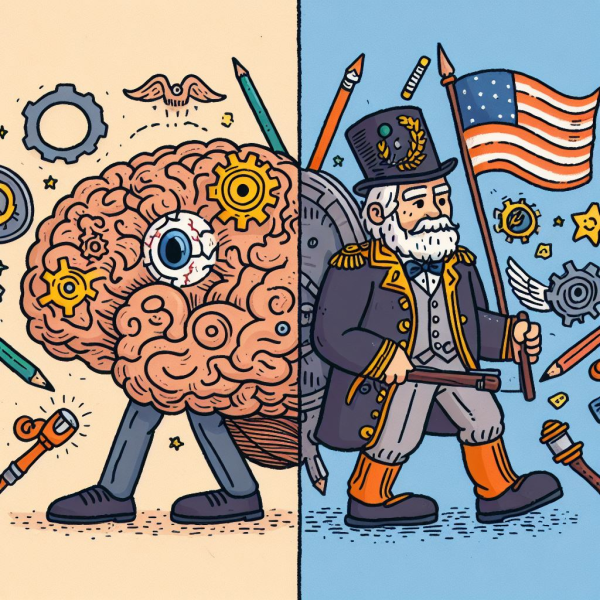Mental Health for Men: A Silent Struggle
“Boys don’t cry.” This is just one of the many societal expectations and social stigmas that have impeded meaningful discourse regarding a non-negligible and increasingly important issue: men’s mental health. All evidence points in the same direction— men are not getting the help they need. Despite being extremely vulnerable to mental health issues, men are uncomfortable seeking help. In fact, Priory Group, an organization that conducts research regarding mental health, reports that 77% of men suffer from symptoms of mental health disorders, including anxiety, stress, and depression. Accepting men’s mental health to be a crisis as a serious problem affecting a large number of people is important for the millions of men struggling with such issues.
First, we need to consider society’s expectations towards men. Men may find it challenging to acknowledge that they are dealing with mental health concerns since societal expectations and assumptions about masculinity frequently present men as powerful, autonomous, and emotionally detached. Powerful figures in the media, such as Andrew Tate, perpetuate such stereotypes. In fact, Priory Group states that 29% of male respondents claimed that they were “too embarrassed” to bring up mental health issues with their friends/families.
Men may feel that they should be able to manage their difficulties on their own and that asking for help is a sign of weakness due to the pressure to adhere to these male stereotypes. Men stop themselves from seeking treatment, which exacerbates their mental health problems. Resources and understanding for this demographic are lacking, furthering the underdiagnosis and undertreatment of these problems in men.
To tear down stereotypes about men, people must understand that this is a genuine and far-reaching issue that requires affected individuals to seek assistance.
To some, it may seem that a focus on men’s mental health undermines feminism. Although the argument may seem compelling at a first glance, it is important to understand that raising awareness about men’s mental health does not detract from discussions about women’s mental health. Women’s mental health is on the radar of multiple organizations and institutions. It is time to treat men’s mental health as an equally important subject.












